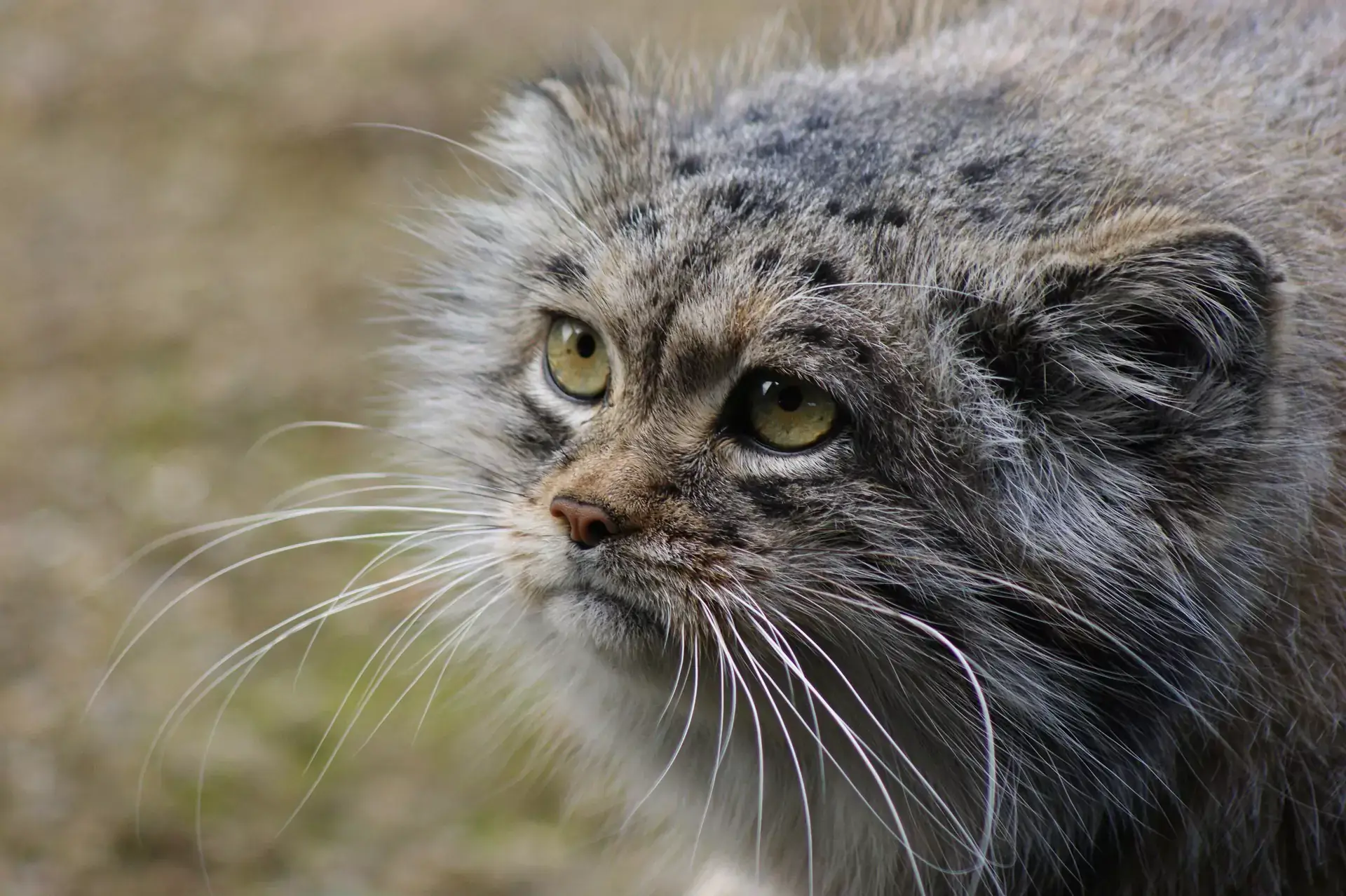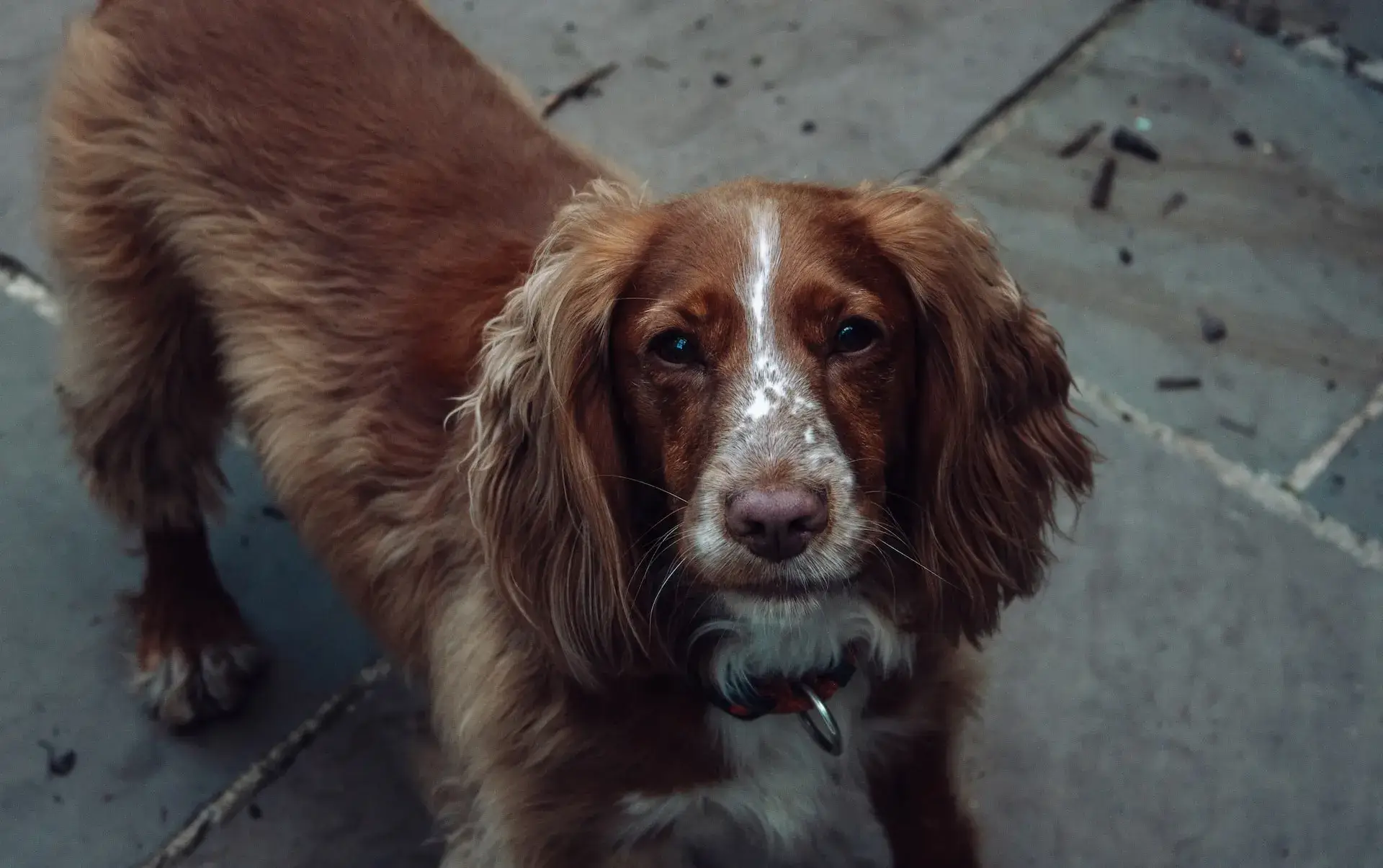Does Your Cat Have a Cold?
Did you know that our feline friends can get their own version of colds or flus? In many cases, cats just feel a bit stuffy and tired for a few days, and then recover on their own. However, kitty colds can develop into upper respiratory infections, or URIs. These can be extremely dangerous! Senior cats and kittens are especially at risk, because of their weaker immune systems. A vet discusses cat colds below.
Warning Signs
Keep an eye out for warning signs. Lethargy is a common one. If Fluffy is stuffed up, she may sleep even more than usual. Some other red flags include coughing, sneezing, fever, runny nose, watery eyes, reduced food and/or water intake, wheezing, and/or difficulty breathing. Contact your vet right away if you notice any of these symptoms.
Medicine
Once Fluffy has been properly diagnosed, your vet will be able to give you specific treatment options. These may include antibiotics and/or other medications. Never give Fluffy human medications, unless your vet specifically recommends it. This applies to home remedies too. Things like garlic, whiskey, and turmeric, which are in many of Grandma’s old home remedies, might work for us but are extremely dangerous for our furry friends!
Home Care
Believe it or not, Fluffy may enjoy a bit of chicken soup. Skip the garlic, onions, rice, and pasta: warm, sodium-free chicken broth with some plain, boneless chicken (and perhaps some peas and carrots) is fine. Some kitties like having their canned food warmed up a bit. You can also put a humidifier on and/or bring your feline pal into the bathroom while you shower, so she can breathe the steam. You may want to get your cat a new bed or a comfy throw blanket to curl up in. You’ll also need to make sure your furry buddy is drinking lots of water. Of course, cuddles and ear scritches are on the agenda as well.
Preventing Colds
As the saying says, an ounce of prevention is worth a pound of cure. First and foremost, keep up with Fluffy’s vaccinations, such as the vaccine for feline calcivirus. Keep in mind that cats can still spread the virus after they have recovered. Keeping your kitty indoors will reduce the odds of her coming into contact with infected felines.
Our Advice on Does Your Cat Have a Cold in 2024
How can you tell if your cat has a cold?
Look for signs like lethargy, coughing, sneezing, fever, runny nose, watery eyes, reduced appetite, wheezing, or difficulty breathing. If you observe these symptoms in your cat, contact our veterinary clinic in Wickenburg, AZ, for a thorough examination and appropriate treatment. Early detection and prompt veterinary care are essential, as cat colds can progress to more serious respiratory infections, particularly in senior cats and kittens. We’re here to provide the necessary care and support for your feline companion’s health and well-being.
Can you prevent your cat from getting sick altogether?
While it’s not always possible to prevent illness entirely, there are steps you can take to minimize the risk for your cat. Keeping up with vaccinations, maintaining a clean living environment, providing a balanced diet, and regular veterinary check-ups are crucial. Additionally, limiting exposure to other sick animals, keeping your cat indoors, and practicing good hygiene can help reduce the chances of illness. Despite these precautions, it’s essential to remember that cats, like all animals, can still fall ill. If you have concerns about your cat’s health, consult with our veterinary clinic for personalized advice and care.
What viruses or bacteria most commonly cause cat colds?
Cat colds are often caused by viruses like feline herpesvirus and feline calicivirus. These viruses can lead to upper respiratory infections (URIs) in cats, presenting symptoms such as sneezing, coughing, nasal discharge, and lethargy. Bacterial infections can also contribute to cat colds, often secondary to viral infections. It’s essential to consult with a veterinarian for proper diagnosis and treatment if your cat displays symptoms of a cold. Our veterinary clinic in Wickenburg, AZ, can provide guidance and care tailored to your feline companion’s needs.
How easily do cat colds spread between cats?
Cat colds, caused by viruses like feline herpesvirus and calicivirus, are highly contagious among cats. The viruses spread through respiratory secretions, such as sneezing and coughing, as well as through direct contact with infected cats or contaminated objects. Cats living in multi-cat households or communal environments, such as shelters, are at increased risk of contracting and spreading the virus. Preventive measures include vaccination, keeping sick cats isolated, and maintaining good hygiene practices to minimize the spread of infection. Regular veterinary check-ups and prompt treatment of symptoms can help manage and prevent the spread of cat colds.
Are cats that had colds as kittens more susceptible to illness later in life?
Cats that experienced colds as kittens may have weakened immune systems, making them more vulnerable to illnesses later in life. Early exposure to viruses can compromise their immune response, increasing susceptibility to recurrent infections or more severe illnesses. Additionally, stressors or environmental factors can exacerbate these risks. Proper vaccination, regular veterinary care, and minimizing stressors can help support the overall health and resilience of cats, reducing the likelihood of illness recurrence or complications in adulthood. Regular monitoring and prompt veterinary attention for any signs of illness are crucial for maintaining their well-being.
Do you have questions about cat colds? Contact us, your local vet clinic in Fort Myers, FL, today!





